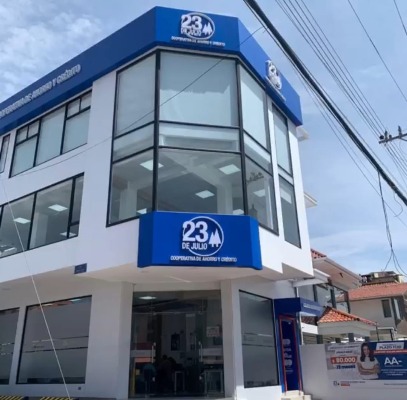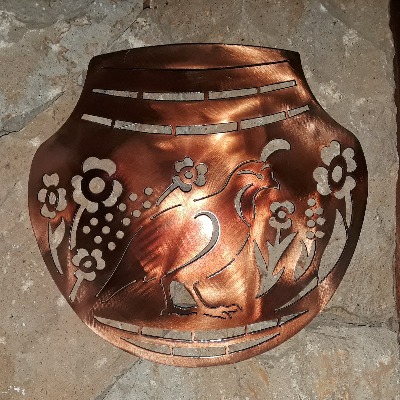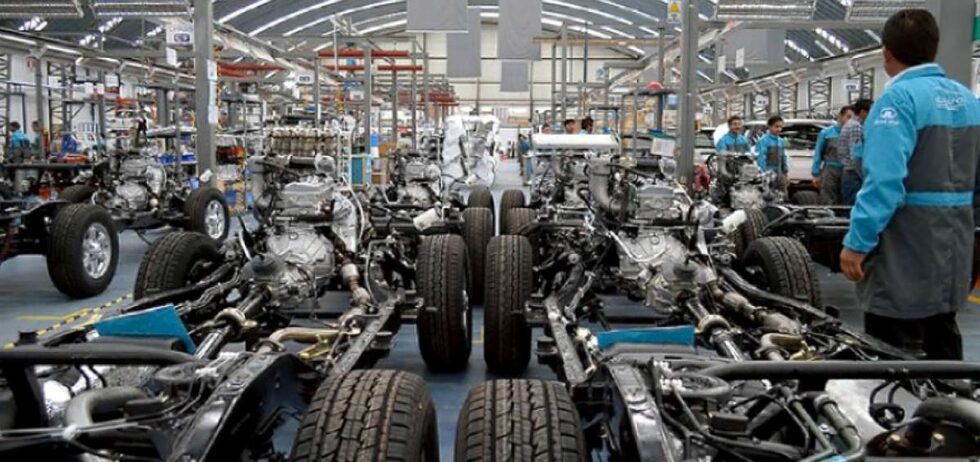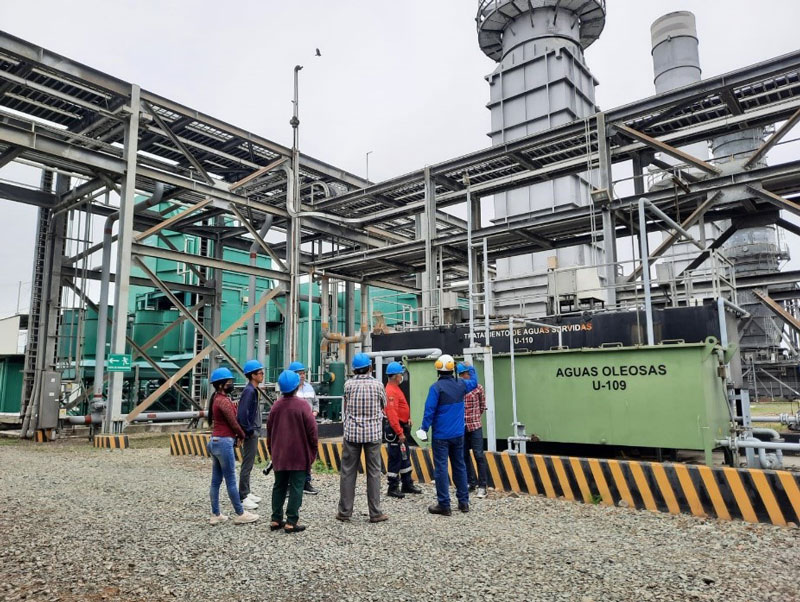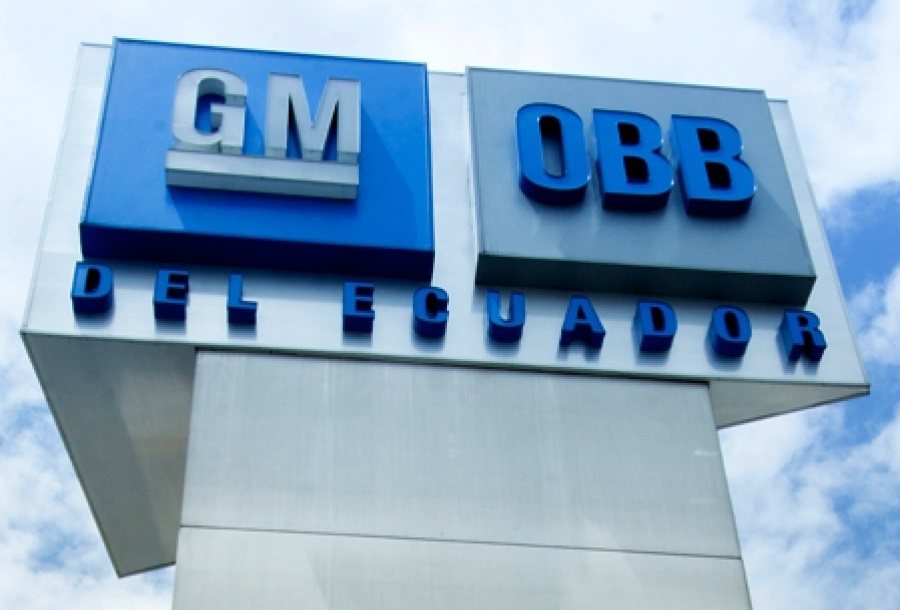Why has Ecuador become so attractive for drug money laundering? Three factors
By Juliana Manjarrés
Money laundering is the second-most prevalent criminal economy in Ecuador, according to a new study. Yet efforts to counter the crime are hindered by the country’s use of the US dollar, a booming drug market, and underlying structural issues.
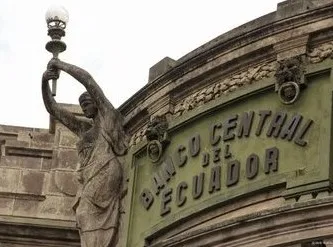 In new research, the Ecuadorian Observatory of Organized Crime (Observatorio Ecuatoriano de Crimen Organizado – OECO) reported that money laundering is the second most common crime after drug trafficking in the six states it surveyed: Carchi, El Oro, Guayas, Manabí, Santa Elena, and Sucumbíos.
In new research, the Ecuadorian Observatory of Organized Crime (Observatorio Ecuatoriano de Crimen Organizado – OECO) reported that money laundering is the second most common crime after drug trafficking in the six states it surveyed: Carchi, El Oro, Guayas, Manabí, Santa Elena, and Sucumbíos.
Money laundering is heavily concentrated around industries that have historically facilitated the appearance of legality, such as real estate and secondhand car sales, according to the study, which was based on fieldwork and interviews with 116 state security officials. Certain economic activities – including construction, real estate, and online gambling – are frequently used by money launderers.
As heightened drug trafficking activity pushes levels of violence in Ecuador upwards and illicit revenues increase, InSight Crime outlines the three obstacles the country faces in tackling money laundering.
Role as Drug Transit Country
Large-scale drug trafficking is the main driver of money laundering in Ecuador, according to the Latin American Financial Action Task Force (Grupo de Acción Financiera de Latinoamérica – GAFILAT).
Sandwiched between the world’s two coca-growing nations, Colombia and Peru, a significant percentage of the cocaine produced transits through Ecuador before reaching international markets. This dynamic led to Ecuador seizing the second-highest volume of drugs in Latin America in 2022.
The country’s booming illicit drug trade has led to a significant increase in capital flows, which has helped strengthen local criminal organizations. This has led to a rise in violence, with murders jumping 82% in 2022. It has also increased the need for local criminal groups to launder their illicit proceeds, with many turning to foreign criminal organizations.
“We see a lot of Balkan networks in the country doing this type of operations,” an OECO researcher, who preferred not to be named for security reasons, told InSight Crime. “We have verified the growing presence of Albanian citizens in [the states of] Manta and Machala, where they buy banana companies that are about to go bankrupt. This allows them to launder drug money, and also to control the transit of drugs to Europe.”
Use of the US Dollar
Ecuador adopted the US dollar in 2000, and the Central Bank of Ecuador (Banco Central del Ecuador) reports that the measure has been successful in combating fiscal indiscipline and reducing levels of poverty. But dollarization has also permitted the laundering of assets from illicit economies.
The global dominance of the dollar facilitates the movement of dirty money. Around 88% of global foreign exchange transactions in April 2022 involved the dollar, according to the Bank for International Settlements.
“The dollarized economy is what anchors all organized crime transactions, specifically as it relates to drug trafficking,” the OECO researcher told InSight Crime. “There is a representative inflow of cash dollars coming in from illicit drug trafficking transactions, and that is where the dollarized economy plays a crucial role for money laundering.”
In this context, drug trafficking profits in the United States can flow directly into Ecuador without the need for conversion, making money laundering easier than in neighboring Colombia, for example, where strict exchange controls are a major barrier to illicit financial flows.
Permeable Banking System
A number of structural obstacles restrict the country’s ability to successfully pursue money launderers, including a lack of formal mechanisms to investigate money laundering cases, limited human and technological resources, and a lack of knowledge of money laundering within the judiciary.
As a result of these institutional limitations, Ecuador’s banking system is particularly susceptible to money laundering.
The most recent estimate by the Latin American Strategic Center for Geopolitics (Centro Estratégico Latinoamericano de Geopolítica – CELAG) reported that around $3.5 billion was laundered through Ecuador’s financial system in 2021, nearly three times the $1.2 billion moved annually between 2007 and 2016.
In addition, 85.2% of the suspicious transaction reports between 2014 and 2018 were linked to the financial sector. Of these, 62.6% took place in the banking sector.
This suggests that criminal groups have identified loopholes in the banking system and have taken advantage of them to launder their proceeds.
“Although the banking authorities have raised alerts in the face of suspicious operations, these do not end up in any type of investigation by the prosecutor’s office,” said OECO the investigator. “This happens because there is no articulation between the justice system and the administrative units that raise alerts,” they added.
_________________
Credit: InSight Crime





